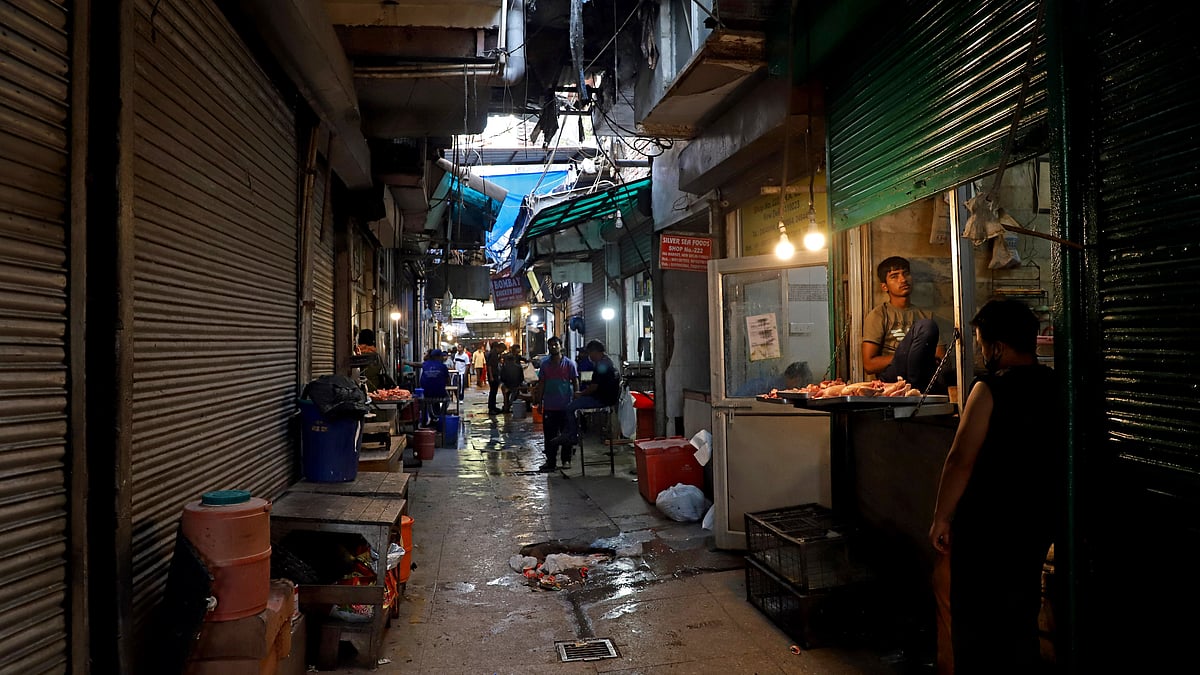One, reform GST. I will make the provision for the GST paid by small businesses on the purchase of raw materials to be refunded to them in cash. This would make it possible for them to stand in competition with large industries. I would also withdraw from the move to one single rate of GST. Instead, I would lower the rate for labour-intensive goods like garments and agarbattis; and raise them for capital-intensive goods like cars. I would increase the rates for job-eating goods like JCB, excavators, harvesters and robots specially. This would make it profitable for businesses to employ more labour and less machines, thus generating employment, putting purchasing power in the hands of the common man, generating demand in the market and revving up the economy. The present GST system should be tweaked to allow different states to collect GST at different rates, while maintaining the same classification of goods so that interstate trade continues seamlessly. This will help preserve the integrity of the country by following the true federal structure.
Two, exit WTO. The original incentive for us joining the WTO was that the markets of the developed countries will be opened for our exports — agriculture, in particular. The developed countries had committed that this matter will be resolved in the ten years following the commencement of the WTO. This commitment has been belied. We have suffered from cheap imports and from having to follow the international patents regime that favours large Multinational Corporations against small businesses who copycat the technologies. Our pharmaceutical sector owes its global presence to the earlier patents regime that allowed our companies to copy the drugs evolved by the MNCs. In any case, our future lies in export of services that are outside the framework of the WTO. Wisdom lies in quitting the WTO, increasing import duties on imports — especially of labour-intensive items like garments and sports goods and amend out patents act to allow our businesses to copycat the technologies developed by the MNCs. This will put an end to money being remitted to MNCs as royalties.
Three, privatisation of PSUs. I would privatise all Public Sector Banks and all other Public Sector Undertakings — whether running in profit or loss. Only selected PSUs in critical areas like defense and research should remain in the hands of the Government. In my reckoning, our Government can generate a huge revenue of about 2000 thousand crores — almost equal to the annual budget of the Central Government. I would create a Special Purpose Vehicle to invest this huge amount in the creation of new technologies like space tourism, robotics, artificial intelligence, new generation of internet, patriot missiles, big data analysis, facilitating export of services, etc. The generation of new technologies would lay the foundation of the prowess of India in the coming decades. Most importantly, I would establish a PSU that will generate and supply teachers of English and mathematics to the entire developing world.
Four, I would freeze the salaries and dearness allowance of government employees. The government employees are appointed to serve the people of the country. It is beyond my comprehension why the ones who serve should be paid salaries many times the average income of the served. However, reducing them may not be politically feasible hence the least that can be done is to freeze them at the present levels. I would remit the money saved directly to the bank accounts of the citizens of the country. I would also end the large number of welfare schemes that are allegedly designed for the welfare of the people but actually mostly serve the government employees. I would consolidate this amount and remit that to the bank as well. That will place huge incomes in the hands of the people and jumpstart the economy.
Five, cleaning up the Government. I would create a system whereby the officers of a department would rank their colleagues. For example, the Sub-Divisional Officers of the electricity board of a district would be asked to rank their colleagues. Those with the lowest 10 per cent ranks would be compulsorily retired. This will help clean-up the inefficient and corrupt officers.
Six, I would take loans from the domestic money market or from the International Monetary Fund and invest in the creation of pro-common man infrastructure. For example, free Wi-Fi in small towns and improved roads in the villages. This investment would not only create demand for cement, steel and labour, it would also act like engine oil for the grassroots economy.
The writer is former professor of Economics at IIM Bangalore.




